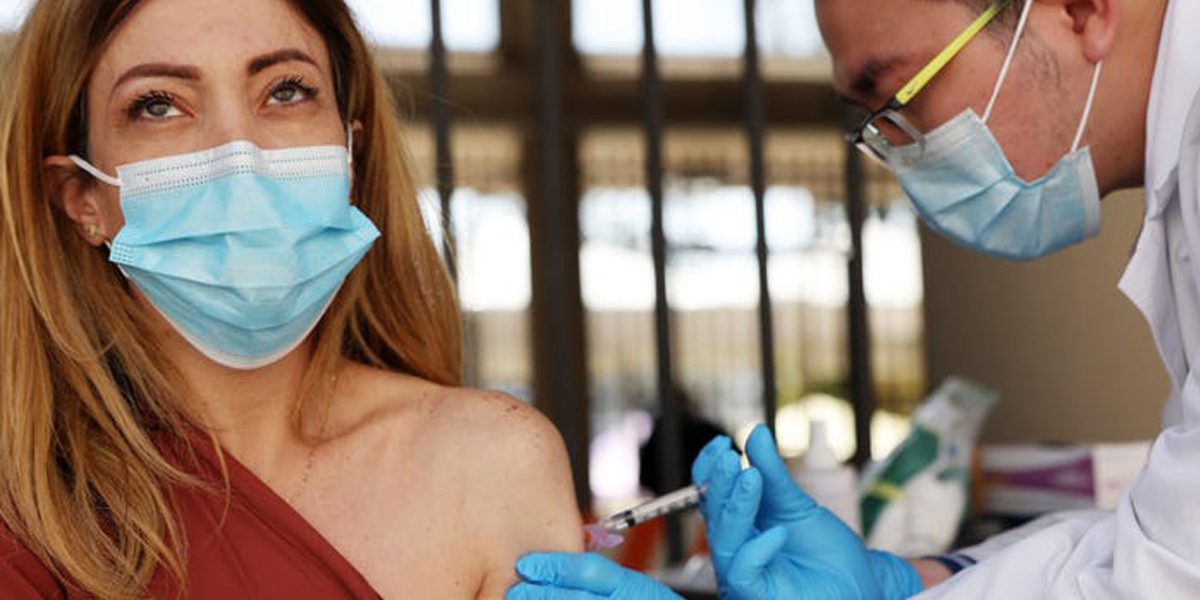U.S. government halts use of Johnson & Johnson vaccine as cases of rare blood clot appears

Johnson & Johnson vaccines have been put on halt as six women, aged under 50, have developed rare blood clots after receiving them.
Johnson & Johnson have delayed their vaccines to Europe as the news of blood clots in four recipients in the United States appear.
Earlier this month European regulators said that they had suspected a link between AstraZeneca’s vaccine and a similar blood clotting which lead to few deaths.
As the fight against the pandemic continues, J&J and AstraZeneca’s vaccine has been considered as the best tool. But The White House is still assured that they will manage to complete 200 million – 3 million shots per day – before President Biden completes 100 days in office.
Due to the production issue that limited the company’s supply, most of the J&J vaccines have already been used in The States. Reports as of April 12 says that compared to the total of 180 million shots of Moderna and Pfizer both, more than 6.8 million doses of J&J have been directed in the U.S.
Regarding the cases where all three women, below 50, have developed symptoms after 13 days of vaccination. A type of blood clot called cerebral venous sinus thrombosis (CVST) was seen in combination with low levels of blood platelets (thrombocytopenia).
An advisory committee of Centre of Disease Control and Prevention (CDC) are scheduled to meet on Wednesday to discuss the case and the U.S. Food and Drug (FDC) administration will review the analysis, as per their joint statement.
In an email by Dr Amesh Adalja, the infectious disease expert at the Johns Hopkins Center, wrote in an email that “I think this is the very low-risk issue, even if casually linked to the vaccine: 6 cases with about 7 million doses is not something to panic about.”
“People are asking me whether they should cancel their J&J vaccine appointments and I have told them not to but I know many will and this will stall progress in controlling the pandemic,” he added.
“FDA recommendation to pause the administration of J&J vaccine out of abundance of caution makes sense in terms of the nature of the unusual and serious side effects not seen with other vaccines,” says Dr. Robert Klugman.
Both J&J and AstraZeneca has been using adenovirus vector – a harmless cold virus that instructs human cells to produce a protein found on the surface of the coronavirus, hence urging the immune system to prepare an arsenal against the COVID-19 virus.
China’s CanSino Biological and Russian Gamaleya Institute have been using the same method, while Pfizer and Moderna use mRNA technology.
J&J has been shipping its vaccines to South Africa and have vaccinated around 30,000 people as on Monday, as per country’s health department’s data. They also have a deal with the African Union for about 400 million doses.
J&J started delivering its vaccines to European Union this week. It has to come to fulfill its commitment of fulfilling the shipment of 55 million doses by the end of June and another 120 million in the third quarter.
Their production has been slowed down due to the issues at the plant. As a result of this halt, J&J shares went down by 2.6% in early New York trade.



